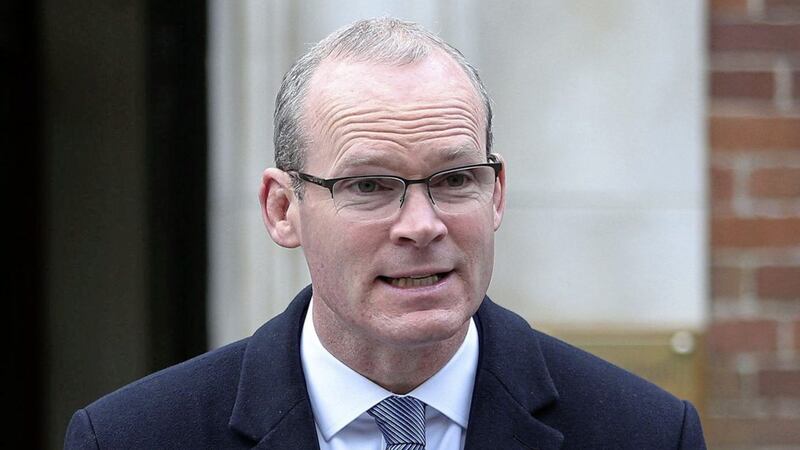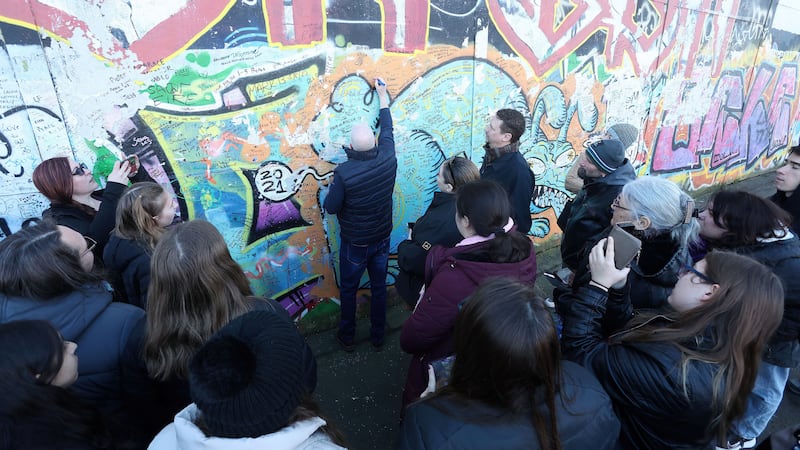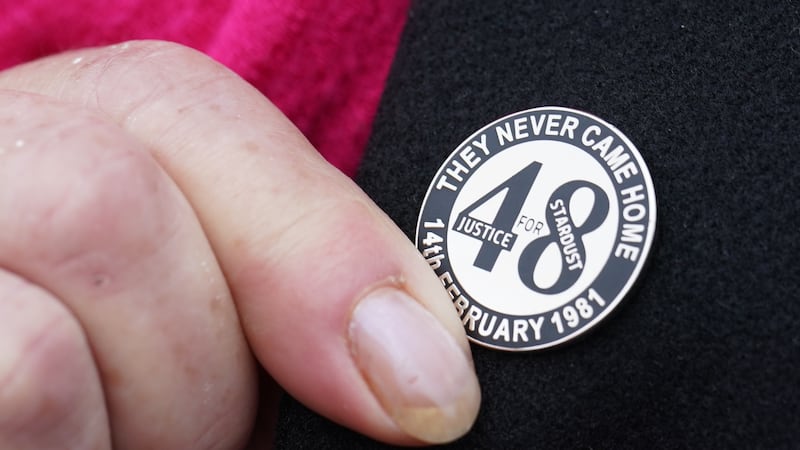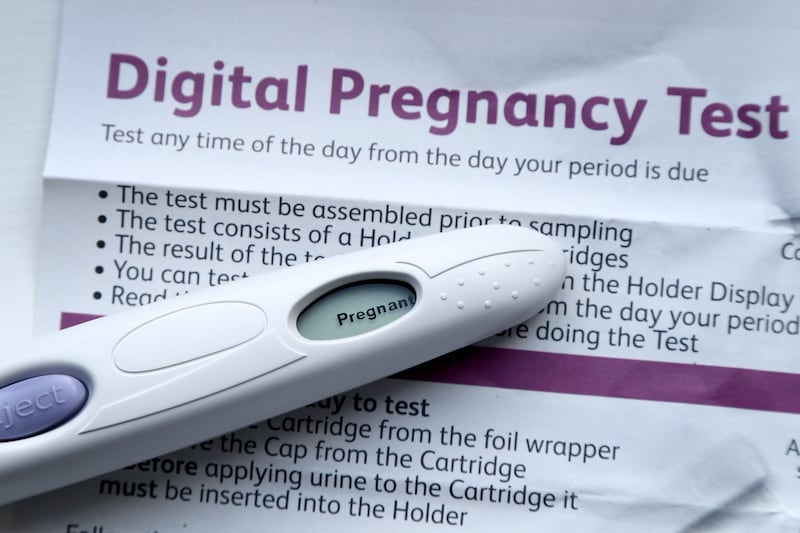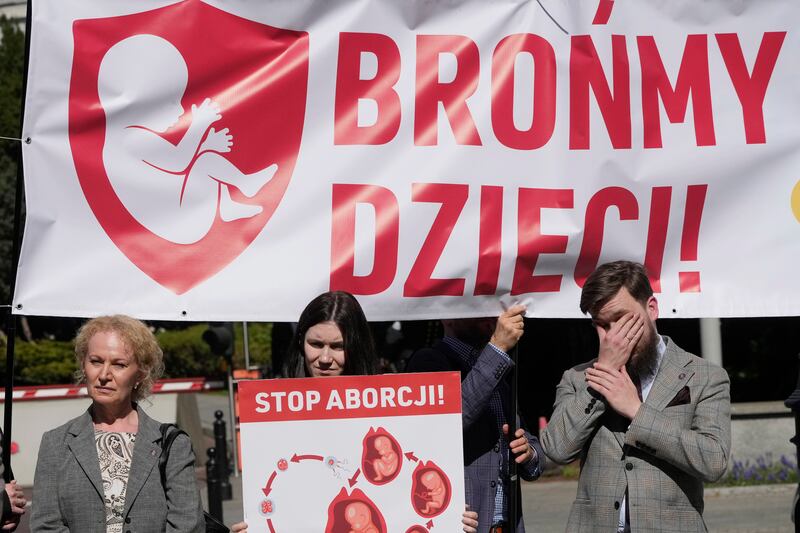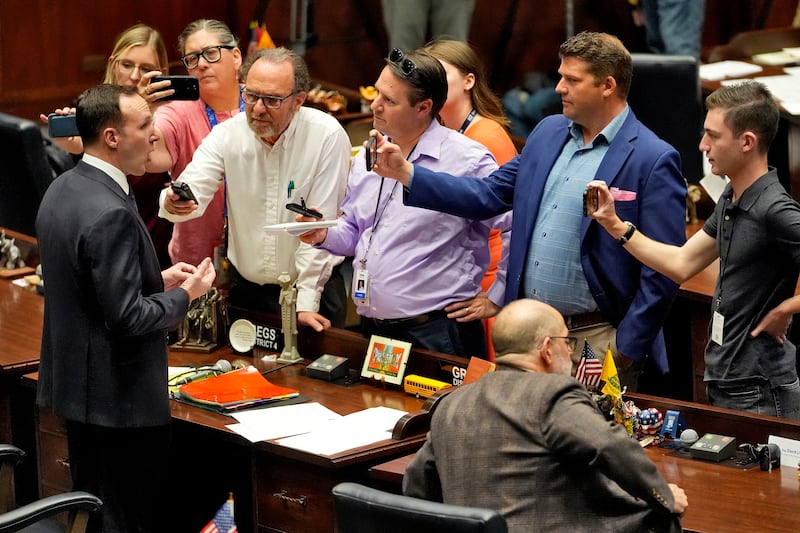Tánaiste Simon Coveney has said that while women's health must be prioritised he does not believe there should be no protection in law for the unborn child.
The Dublin government has agreed to hold a referendum at the end of May on whether to reform the country's near-total ban on abortion.
On Tuesday Taoiseach Leo Varadkar said he would be campaigning for reform.
Mr Coveney, his deputy, said on Thursday he has always believed "the state has an obligation to protect the unborn child".
The Tánaiste said he does not support unrestricted access to terminations during the first 12 weeks of pregnancy.
However he added: "I still believe that, but I believe we have to prioritise the health of women first and foremost and that hasn't happened ever in Ireland.
"As a country we need to recognise change to the constitution and the law."
The May vote will decide whether to repeal a constitutional amendment that effectively bans terminations.
Currently abortion is only allowed when a woman's life is at risk, but not in cases of rape, incest or fatal foetal abnormality.
Mr Coveney said the government is united in its approach to repealing the Eighth Amendment, but that there are differing views on the legislation.
He told RTE's Sean O'Rourke Show that he supported recommendations that terminations, post 12 weeks, should be allowed in cases of fatal foetal abnormalities, rape and incest.
Referring to rape cases, he said he believed one doctor should be able to sanction an abortion after a consultation with the woman.
"I believe that because that is such an intimate and private and delicate conversation that one doctor should in conversation with a victim be able to sanction an abortion in those circumstances," he said.
"Where I have a difficulty is that I don't believe that there should be effectively, as the committee has described, unrestricted access to abortion at any point in time, because I don't believe that that is consistent with the state having a legal obligation to protect an unborn child."
Mr Coveney said it was too early to predict how people would vote in the referendum.
"I am not going to be deviated by opinion polls or by badgering by journalists," he said.
